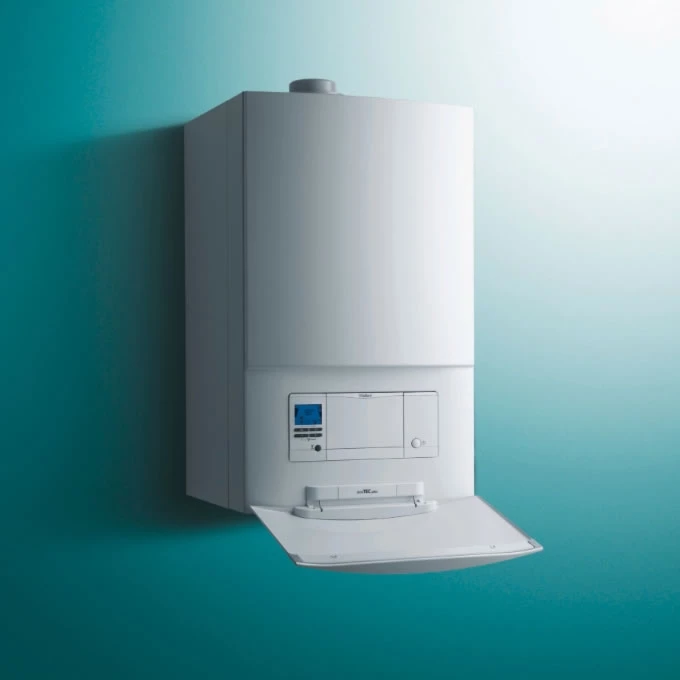As a landlord, it’s important to understand your rights and responsibilities when it comes to accessing your property during a tenancy. Here, we provide a comprehensive guide on the topic, detailing when and how you can legally enter your property, the processes involved, and the products that can assist you in maintaining compliance.
Contractual Rights to Access
Understanding Your Tenancy Agreement
A well-drafted tenancy agreement is crucial. This document should clearly outline the reasons you may need to access the property, providing you with contractual rights. It informs tenants of their obligations, reducing potential conflicts.
Having a professionally drafted tenancy agreement can help you set the groundwork. Ensure it includes clauses for routine inspections, emergency repairs, and other necessary access.

Drafting Clear Terms
When drafting your tenancy agreement, it’s essential to be explicit. Specify the notice period for accessing the property and the circumstances under which entry is required. This clarity helps in managing tenant expectations and mitigates disputes.
For instance, landlords can use comprehensive tenancy agreement templates that cover all essential clauses, ensuring you’re legally protected and your tenants are well-informed.
Legal Compliance
Ensure your tenancy agreement complies with the Landlord and Tenant Act 1985, which allows for property access under certain conditions. Including these legal stipulations in your contract can help reinforce your right to enter the property when necessary.
Accessing the Property with Tenant’s Permission
Obtaining Consent
Even with a contractual right, it’s always best practice to seek tenant permission. This approach fosters a good landlord-tenant relationship and helps avoid conflicts. Written consent is preferable, especially for significant work.
Communication
Clear communication is key. Explain why access is needed and ensure the tenant understands. Providing detailed information about the work, including the timeframe, helps manage tenant expectations and reduces the chances of refusal.
Using tools like property management software can streamline communication, allowing for documented conversations and permissions.
Documenting Permissions
Always document permissions. Keep a record of written consent, detailing the date and scope of the planned entry. This documentation is vital if disputes arise, providing evidence that the tenant agreed to the access.
Access to Communal Parts of a House in Multiple Occupation (HMO)
HMO Management Duties
Managing HMOs involves frequent access to communal areas to fulfill legal obligations. These duties include regular inspections and maintenance, essential for maintaining safety and compliance with regulations.
Room Only Agreements
Utilizing room-only tenancy agreements simplifies access to communal areas. These agreements grant tenants exclusive possession of their rooms while allowing landlords access to shared spaces without prior permission.
Best Practices
Even with room-only agreements, it’s courteous to inform tenants of any planned visits to communal areas. This transparency helps maintain a positive relationship and ensures tenants are aware of your management activities.

Accessing for Repairs
Legal Rights of Access
Under several UK laws, landlords have the right to access a property for repairs. These include:
- Section 11 of the Landlord & Tenant Act 1985
- Homes (Fitness for Human Habitation) Act 2019
- Housing Act 1988
Each of these statutes allows landlords to enter the property to inspect and carry out repairs, provided proper notice is given.
Notice Requirements
Typically, a 24-hour written notice is required before accessing the property for repairs. This notice should clearly state the reason for the entry and the expected time of visit.
Using Professional Services
To manage repairs efficiently, consider using professional property maintenance services. These services can handle all aspects of repair work, ensuring compliance with legal requirements and minimizing disruption to tenants.
What if I Need to Access the Property to Make an Improvement Rather Than a Repair?
Distinguishing Repairs from Improvements
It’s essential to distinguish between repairs and improvements. Repairs are necessary to maintain the property’s condition, while improvements enhance its value. The right of access for repairs is often legally supported, but improvements usually require tenant permission.
Contractual Clauses for Improvements
Include specific clauses in your tenancy agreement that allow for property improvements. Clear terms regarding the types of improvements and notice periods can facilitate smoother interactions with tenants.
Seeking Permission
Always seek tenant permission for improvements. Clear communication about the benefits and minimal disruption involved can help in obtaining consent.
What if the Tenant Refuses Access to the Property?
Understanding Tenant Refusal
A tenant refusing access can be challenging. While it constitutes a breach of contract, forcibly entering without permission can be illegal and considered harassment.
Legal Remedies
If access is denied, inform the tenant of their breach of contract and the potential consequences. For serious issues, consider legal action to enforce the contract, such as seeking an injunction or repossessing the property.
Documenting Refusals
Keep detailed records of all attempts to gain access and the tenant’s refusals. This documentation can be crucial if you need to pursue legal action or demonstrate compliance with your duties.
Access for Gas Safety Inspections

Legal Requirements
Gas safety inspections are mandatory and must be conducted annually. However, gaining access for these inspections can sometimes be challenging.
Notice and Documentation
Provide at least 24-hour written notice for gas safety inspections. If access is refused, document each attempt and the tenant’s response. This documentation is vital to show due diligence in meeting your legal obligations.
Health and Safety Executive Guidance
The Health and Safety Executive (HSE) advises that landlords who make three genuine attempts to gain access for gas safety checks are generally not prosecuted for non-compliance. Ensure you keep detailed records of these attempts.
Access for Letting Viewings
Seeking Tenant Permission
It’s advisable to seek tenant permission before arranging property viewings. While your tenancy agreement may allow for access, respecting tenant privacy helps maintain a positive relationship.
Scheduling Viewings
Arrange viewings at convenient times for the tenant. This consideration shows respect for their living situation and can encourage cooperation.
Documentation
Document all communications regarding viewings. Keep a record of permissions and viewing schedules to ensure transparency and avoid disputes.
Access for Emergency Repairs
Immediate Access
In emergencies, such as gas leaks or severe water damage, landlords may need immediate access. While prior notice is ideal, the urgency of these situations often requires immediate action.
Emergency Contact Details
Maintain up-to-date emergency contact details for tenants. This information ensures that you can quickly notify them of any emergency access needs.
Professional Emergency Services
Use professional emergency repair services to handle urgent repairs. These services are equipped to address emergencies swiftly and effectively, ensuring tenant safety and property integrity.
Access for Routine Inspections
Scheduled Inspections
Regular property inspections are essential for maintaining the condition of your rental. Schedule these inspections in advance and provide ample notice to tenants.
Inspection Frequency
Determine an appropriate frequency for routine inspections. Quarterly or bi-annual inspections are common, ensuring that any issues are promptly identified and addressed.
Documenting Inspections
Keep detailed records of each inspection. Document the condition of the property and any necessary repairs or improvements identified.
Access for Insurance Purposes
Insurance Inspections
Some insurance policies may require periodic property inspections. Ensure your tenancy agreement includes clauses that allow for these inspections.
Notice Requirements
Provide tenants with adequate notice before conducting insurance inspections. This notice helps maintain transparency and cooperation.
Using Professional Services
Consider using professional inspection services to meet insurance requirements. These services can provide detailed reports and ensure compliance with policy terms.
Access for Pest Control
Identifying Pest Issues
Pest infestations can cause significant damage and health concerns. Prompt access for pest control is essential to address these issues effectively.
Notice and Cooperation
Provide tenants with notice of pest control treatments. Ensure they understand the importance of addressing pest issues promptly for their safety and well-being.
Professional Pest Control Services
Utilize professional pest control services to handle infestations. These services have the expertise to manage pest problems safely and efficiently.
Key Takeaways
- Understanding Rights and Responsibilities: Clear contractual terms and tenant communication are crucial.
- Legal Compliance: Adhering to UK laws ensures proper access procedures.
- Professional Services: Utilizing professional services can streamline processes and ensure compliance.
Frequently Asked Questions
Q: Can I enter the property without tenant permission?
A: Generally, no. Except in emergencies, you need tenant permission or a contractual right of access.
Q: What if a tenant refuses access for repairs?
A: Document the refusal and inform the tenant of their breach of contract. Seek legal advice if necessary.
Q: How much notice do I need to give for routine inspections?
A: Typically, a 24-hour notice is required for non-emergency inspections.
Q: Can I access the property for improvements?
A: Only if specified in the tenancy agreement or with tenant permission.
Q: What should I do if I can’t gain access for a gas safety inspection?
A: Document all attempts and follow the HSE guidance on making genuine efforts.
For more detailed guidance, refer to the relevant UK laws and consult with property management professionals. This ensures you maintain compliance and foster positive tenant relationships.




